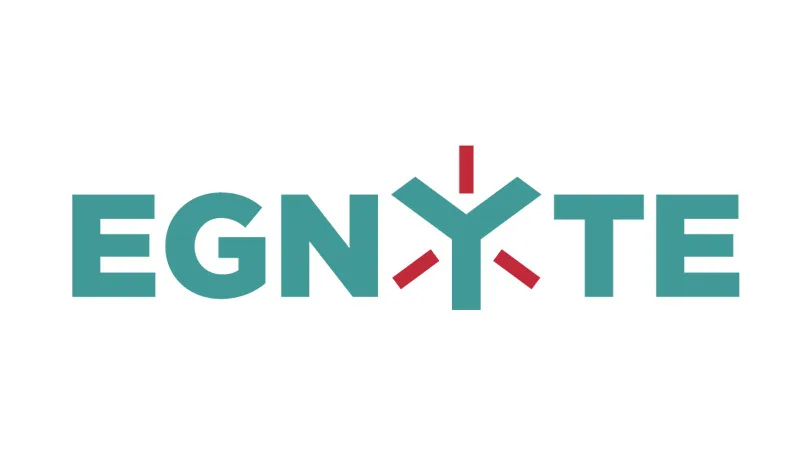
Data is the lifeblood of the life sciences. As therapeutics, medical devices, and diagnostics advance from early-stage development into clinical testing and beyond, the scrutiny of reported data and procedures dramatically increases. Dating back to the 1990s, many pharmaceutical and biotech companies have implemented systems and processes to store, exchange, and analyze regulated data from environments governed by GxP (e.g, clinical trials, manufacturing, toxicology, etc.).
At the time of implementation, the state-of-the-art technologies included SFTP and file servers. These systems also underwent costly validation procedures to ensure they could hold regulated, GxP data. Fast-forward 20 years and these workhorses are becoming ‘long-in-the-tooth’ and are approaching end-of-life. Further, as companies seek to leverage new technologies, like cloud and AI, and reduce costs, many IT teams are evaluating new options to handle regulated data. In this blog post, we’ll review considerations for replacing these historical systems with modern, compliant data infrastructure.
High-priority capabilities
As companies seek to upgrade their GxP data infrastructure, we believe that customers should consider implementing replacements that provide four essential functions: integrated user access & provisioning, configurable metadata, hybrid cloud support, and robust data security.
Active Directory integration: Any new system you implement should be compatible with your company’s Active Directory. Whether you use Okta, Azure AD, or another service, enabling unified user access control is vital for a secure, auditable environment.
Configurable metadata: Data is just as valuable as the metadata that defines it. Make sure your replacement can accommodate customizable fields, like drug program, partner, and creator. In the context of compliance, metadata can help ensure that data maintains a ‘chain of custody’.
Hybrid: Modern drug development produces large data sets that need to be processed in high-performance local and cloud environments. Hybrid clouds – a combination of public cloud computing and on-premise computing – are essential to the life sciences industry. Make sure your solution has options for supporting cloud and on-premise deployments and can easily synchronize across both environments.
Data security: When many SFTP and file servers were implemented, ransomware and insider threats were a distant concern. Now, as data breaches and attacks are more frequent, having an integrated platform that combines data collection/transfer and data security helps protect against common data protection issues.
Robust compliance posture
For some legacy infrastructure, validation costs outweigh the cost of purchasing the hardware/software itself. Many companies are keen to eliminate their overhead in validating software and ensuring GxP compliance with 21 CFR Part 11. In this context, we advise to ensure that replacements for your SFTP/file servers have key features required for speedy validation and defensible compliance with regulations.
In terms of GxP requirements, modern solutions with the most robust compliance posture include user & file-based audit trails that allow administrators to track the behavior of files and individuals. Further, data infrastructure that provides tools to track file checksums are most advantageous. In the case of an audit, inspectors consider the checksum as the best-of-breed indicator of file integrity. Lastly, as regional data-related governance requirements are growing, like GDPR and CCPA, companies need to ensure that their secure data platforms afford the tracking of sensitive data.
Evaluating the options
As you pursue various options for replacing legacy systems, here is a helpful checklist to evaluate, rapidly and fairly, various vendors.
- Fast implementation – Solution can be set up rapidly (in minutes for cloud, > 2 weeks for hybrid)
- Integration ecosystem – Solution integrates with life sciences applications present in my environment (e.g. ELN, LIMS, CTMS, etc.)
- Ease of validation – Solution offers a validation package and technical support for implementation in a GxP environment
- Systems compatibility – Solution is compatible with our compute, SSO, and other infrastructure
From time immemorial, replacing legacy infrastructure has always been hard. Further, in the life sciences, such changes can be more complicated, thereby impeding digital transformation and use of advanced technologies. Despite the impending difficulties, your team should view this chance as an opportunity to leapfrog the competition across critical vectors. Improved cost profiles, enhanced security, and automated compliance are needed in the rapidly evolving world of data-driven drug development. Further, the right choice today can empower you to deliver new value to scientific, manufacturing, and regulatory stakeholders tomorrow, all the while future-proofing your data infrastructure.
Alok Tayi is VP of lifsciences at Egnyte


